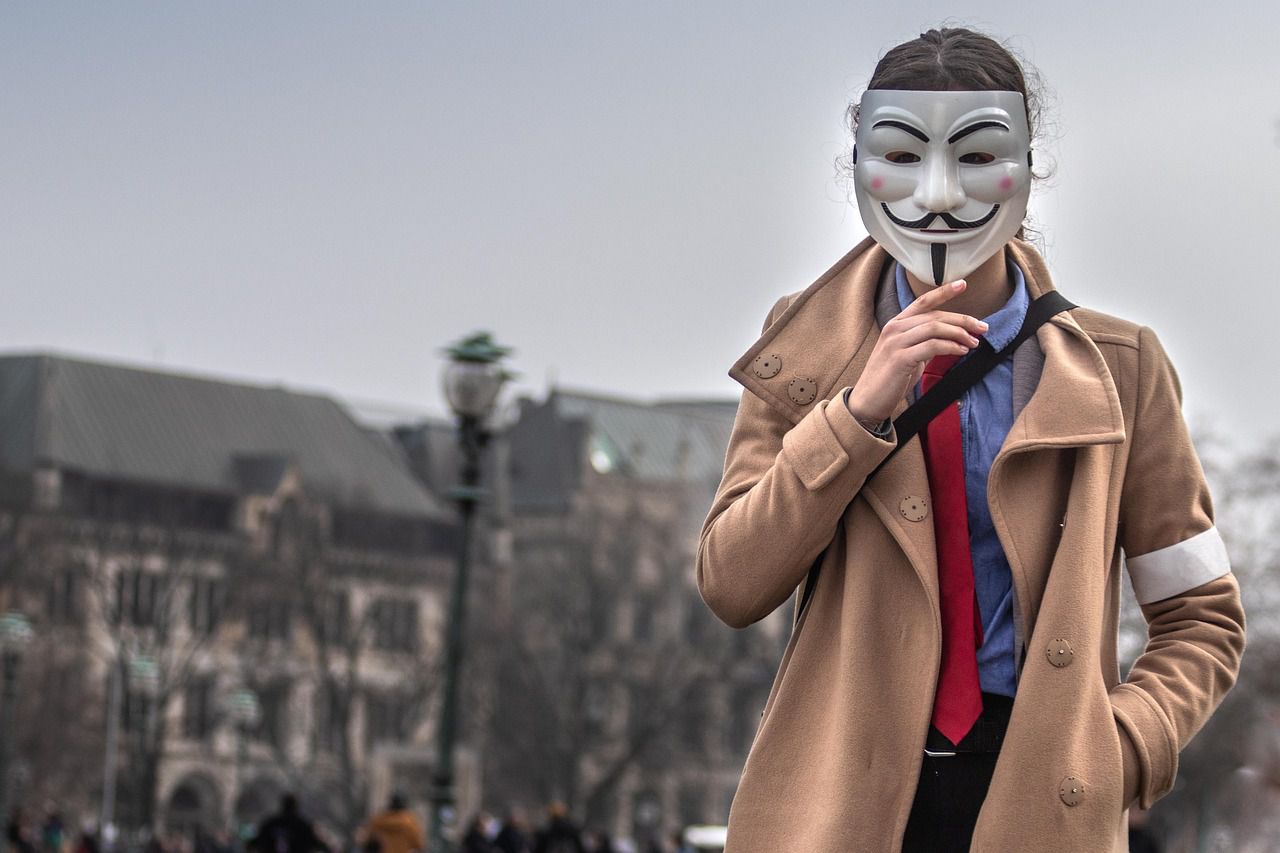Sorry not sorry: Psychilogist's insights
People tend to say "sorry" when they do something wrong, but it doesn't always mean they actually regret what they've done.
It's not always easy to spot the difference, or to understand the signs that the person is lying, but why do they even do that?
Let's find out why people say sorry without actually feeling regret or remorse.
Politeness
Saying sorry can be a way to be polite, even if you didn't do anything wrong. It's like using good manners to keep things friendly.
Avoiding Conflict
Saying sorry can help avoid arguments or hurt feelings. It's like a way to make peace, even if you're not at fault.

Social Norms
In some situations, it's just expected to say sorry, like when someone is upset. People do it to follow social rules.
Empathy
Sometimes, saying sorry is a way to show you understand someone else's feelings, even if you're not responsible for what happened.
There are three signs that someone doesn't actually feel sorry.
Avoiding Responsibility
They might not take the blame for what happened. Instead of saying "I did this," they might make excuses or blame others.
Repeating the Same Behavior
If they keep doing the same thing that hurt you, it shows they might not truly regret their actions.
Lack of Empathy
They might not show understanding or concern for how their actions affected you. They may not seem to care about your feelings.
Conclusion
It's generally better to avoid people who prefer to fake reporse to get what they want, so use these tips to identify them.
